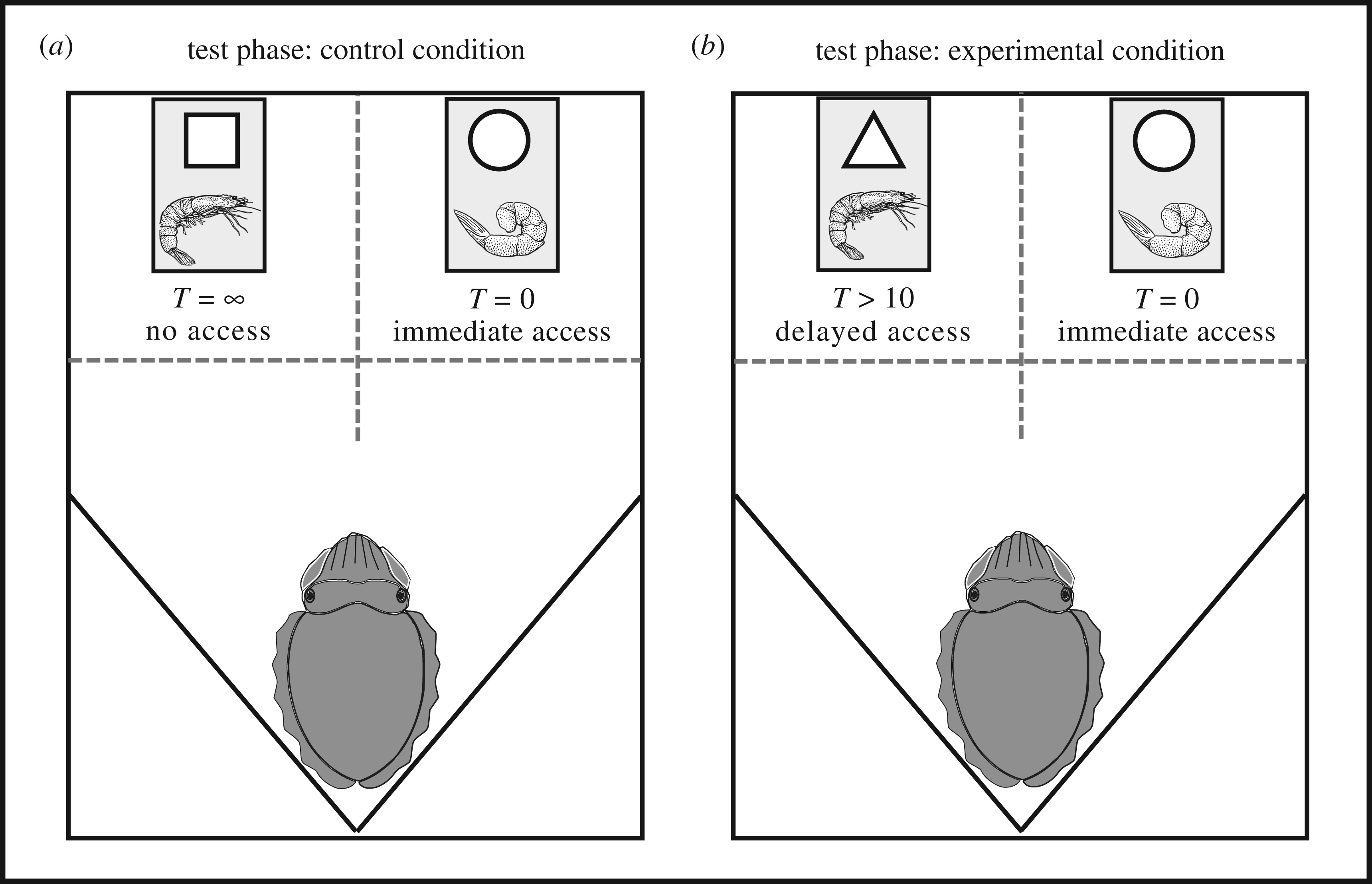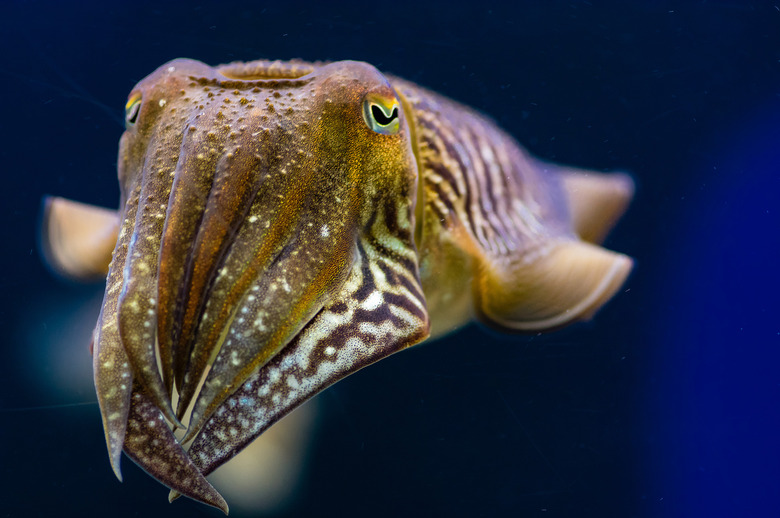Cuttlefish Passed A Cognitive Test Designed For Humans
Scientists have discovered something intriguing about cuttlefish after putting them through a "marshmallow test." The test, which is designed for children, showed that the cuttlefish have the ability to exert self-control for several seconds, whereas several other creatures can exert it for several minutes.
This discovery, the researchers say, is an example of advanced self-control and shows that the creatures perform better in cognitive tasks. It has also been hypothesized that these positive results could show a response to specific socio-ecological pressures.
This ability to learn and adapt could be part of what helps the cuttlefish survive in the dangerous world that it lives within. The new marshmallow test that the cuttlefish were given saw the cuttlefish put in a small area with crab meat. They found that the cuttlefish could refrain from eating the crab meat because they learned that something better was coming at dinner time.

The test is very simple, and because it can be adjusted so simply, it's easy to adjust it for multiple types of animals. Further, the ability to delay instead of gratification demonstrates a cognitive ability that allows for future planning. This is, obviously, seen in humans, and has been studied in other animals as well.
However, it's difficult to tell whether the cuttlefish passing the marshmallow test is because of it exerting self-control or if it was just a change in their foraging behavior. Perhaps more research into cuttlefish and other animals could help us better understand whether or not it's self-control. Previously scientists made cuttlefish watch movies to study the way they reacted to the stimulation.
They also found that it could adapt to changes in test parts that gave the cuttlefish some kind of reward. The researchers also found that the cuttlefish that could withhold the longest from their first meal for the second were also the ones that adapted the quickest, showing distinct differences in the cognitive abilities of the creatures.
Researchers published a paper on the cuttlefish marshmallow test in the Proceedings of the Royal Society B in 2021.
